The 2025 Gaza Peace Summit in Sharm el-Sheikh, co-hosted by Egypt’s Abdel Fattah el-Sisi and US President Donald Trump, was aimed at solidifying the fragile Gaza ceasefire into a sustainable peace framework. What was on the agenda? Reconstruction, humanitarian corridors, and post-conflict governance. Roughly 30 nations attended — France, the U.K., Italy, Saudi Arabia, and Pakistan among them. Israel’s Benjamin Netanyahu backed out at the last moment, officially citing a Jewish holiday as the reason, but unofficially due to Turkey’s opposition and perhaps pressure from his right-wing advisers.
President Trump played host with his usual theatrical flourish, calling the summit “the dawn of peace” and, in a dramatic aside, offering praise: “India is a great country. Prime Minister Modi is a very good friend,” while standing beside an awkward Shehbaz Sharif on stage. The twist? PM Modi wasn’t even there — and while this absence has drawn analysis, opinions, and criticism, it appears the absence was not just intentional but intelligent.
Sharm el-Sheikh delivered what summits do best: dramatic speeches, cautious communiqués, and vague optimism. Along with Trump’s fancy phrases talking loudly about peace and Emmanuel Macron’s warnings of “fragile hope”, the press gushed about optics while diplomats whispered about homework.
However, when Trump paused midway through his address to ensure he mentioned how good a friend PM Modi is to him and “a great leader”, it became clear that the man who wasn’t there was still shaping the conversation. In a world addicted to visibility, PM Modi’s absence was an ultimate flex of sorts — quiet confidence over loud attendance. It said India doesn’t need to be in every photograph to be in every conversation.
Of course, domestic critics have pounced, asking whether India “missed a chance to shape outcomes at the table” by having Minister of State for External Affairs K.V. Singh represent the country instead of the Prime Minister. But the choice seems to have been a wise one.
Impact Shorts
More ShortsFirst, New Delhi managed to avoid an optics trap with Pakistan. A Modi-Sharif photo, even a handshake, would have triggered global headlines about “Trump brokering India-Pakistan peace.” New Delhi refuses to let its narrative be controlled by anyone but itself.
Second, India is no prop in a Trump–Sisi show. Summits are global comfort theatre — flags, lighting, podiums, and spectacle. This wasn’t India’s show. With Trump seeking to parade deals and Sisi chasing regional prestige, New Delhi likely calculated that its presence would feed others’ ambitions more than its own.
Third, it is important to preserve strategic flexibility. The summit was a symbolic start, but the real work lies ahead — a daunting path of reconstruction frameworks, donor commitments, and governance design. Had PM Modi attended, India might have been prematurely boxed into positions. Having K.V. Singh represent the country was a move that signalled engagement without entrapment.
Then, of course, there is the matter of quiet confidence. A Prime Minister skipping a summit of this magnitude sounds — and is — bold. It sends the message that India does not chase global invitations; it defines when, how, and where it shows up. PM Modi was still part of the script at the summit, even in his absence. Trump’s public reference to Modi became one of the most talked-about moments of the event.
While the global media fixated on Modi’s absence, India’s delegation performed effectively. The Ministry of External Affairs released an official statement welcoming the peace plan, reiterating India’s endorsement of dialogue and a two-state solution — striking the right tone between principle and pragmatism.
India will have a huge role to play in achieving what the Gaza Peace Summit proposes. It remains a trusted bridge between “camps” — maintaining credibility with Israel, Palestine, the Gulf states, and the US, making it uniquely placed to mediate, shuttle messages, and hold confidence lines open.
India also has reliability as a rebuilder. From Sri Lanka to Yemen, it has delivered reconstruction and humanitarian infrastructure — oil, gas, electricity, financial support, and lines of credit. Gaza may expect the same.
India’s foreign policy increasingly emphasises restraint and architecture-building over headline-chasing. In global diplomacy, presence can be overrated. Sometimes, mastery lies in choosing where to show up and when to forgo the spotlight. PM Modi might not have been in the room — yet he became central to the discourse. And in diplomacy, that is the ultimate move.
(The author is a freelance journalist and features writer based out of Delhi. Her main areas of focus are politics, social issues, climate change and lifestyle-related topics. Views expressed in the above piece are personal and solely those of the author. They do not necessarily reflect Firstpost’s views.)


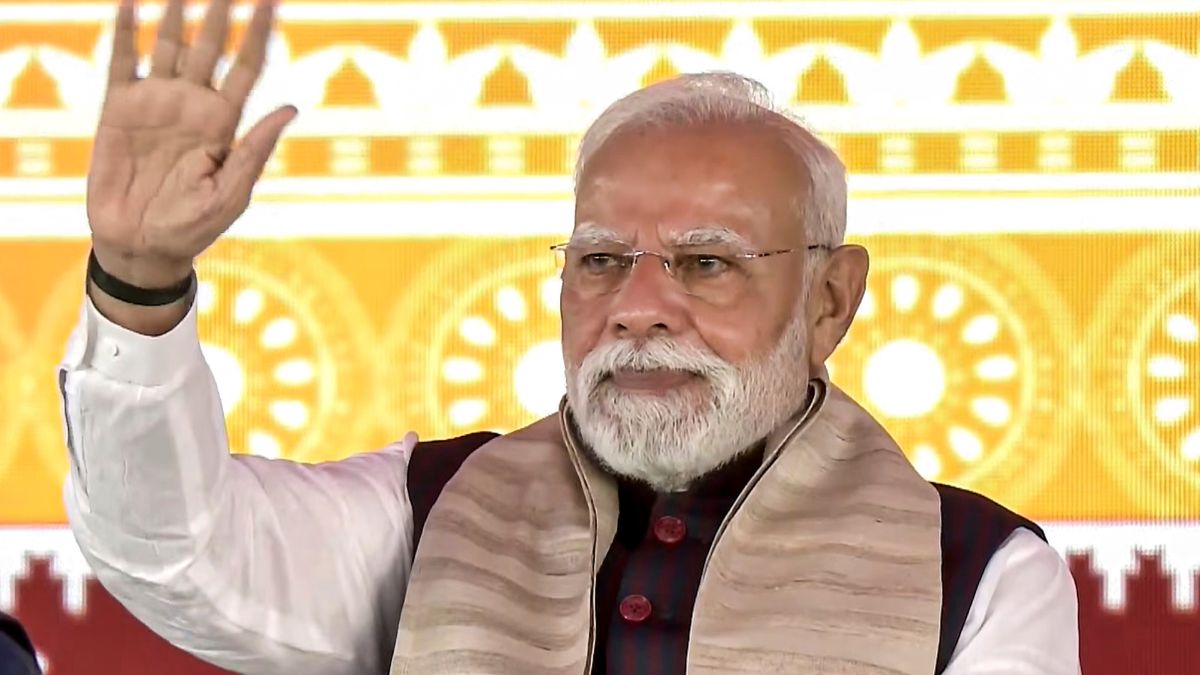)
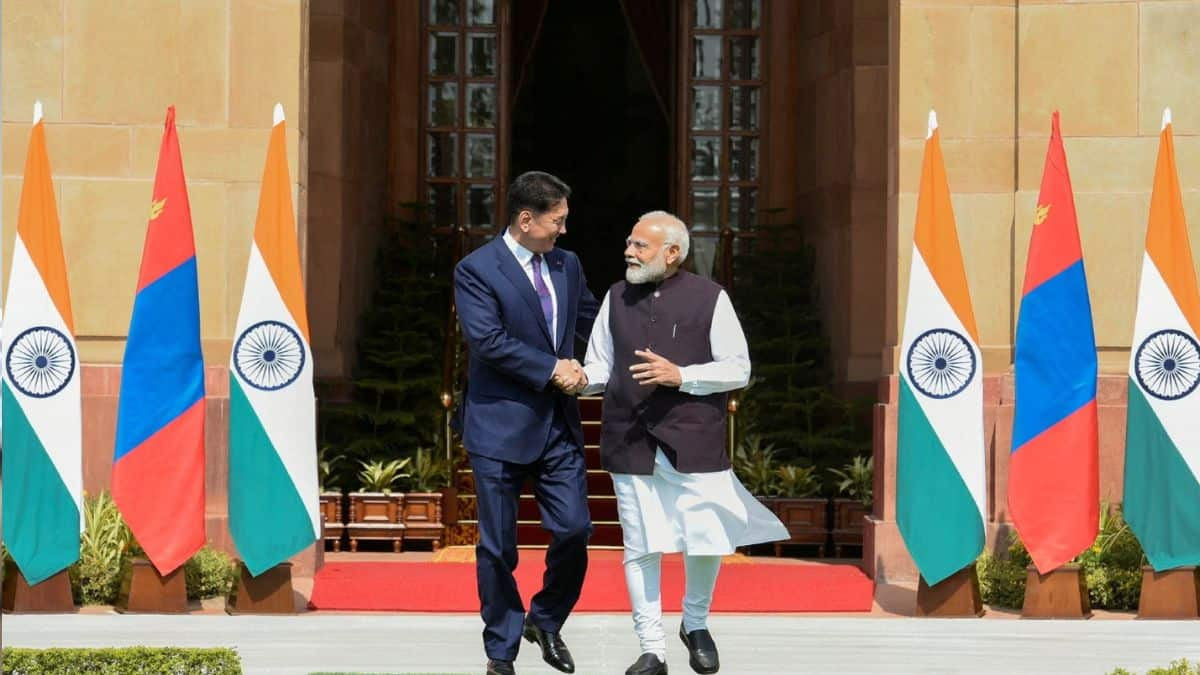
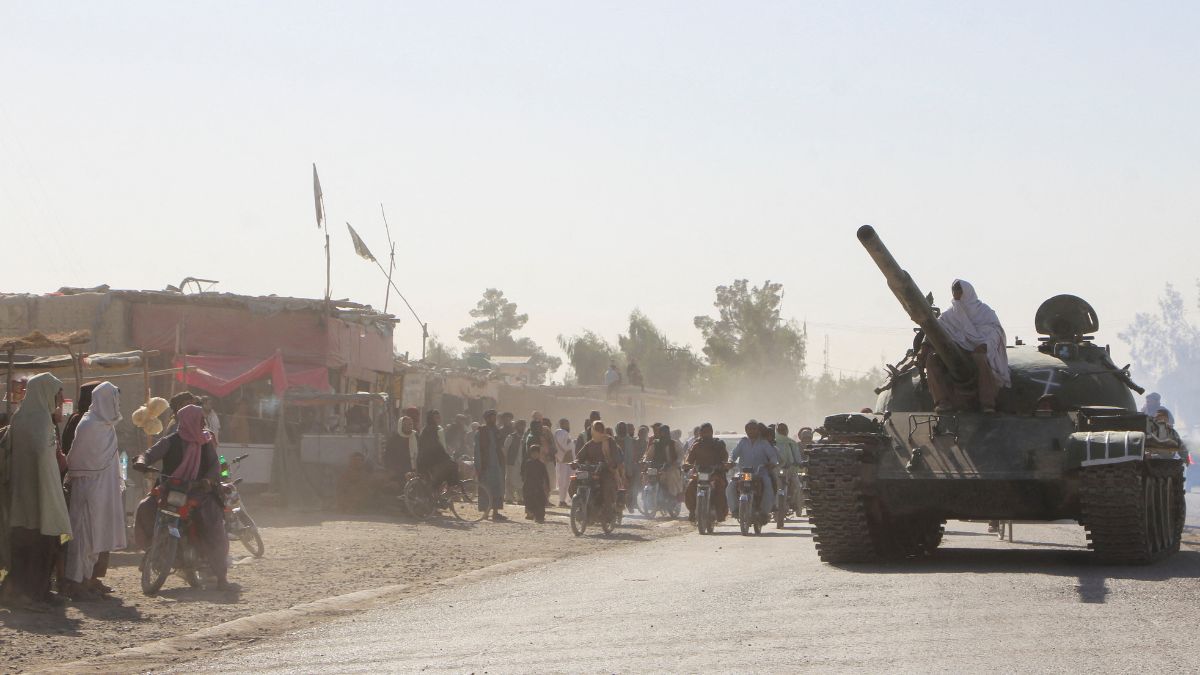)
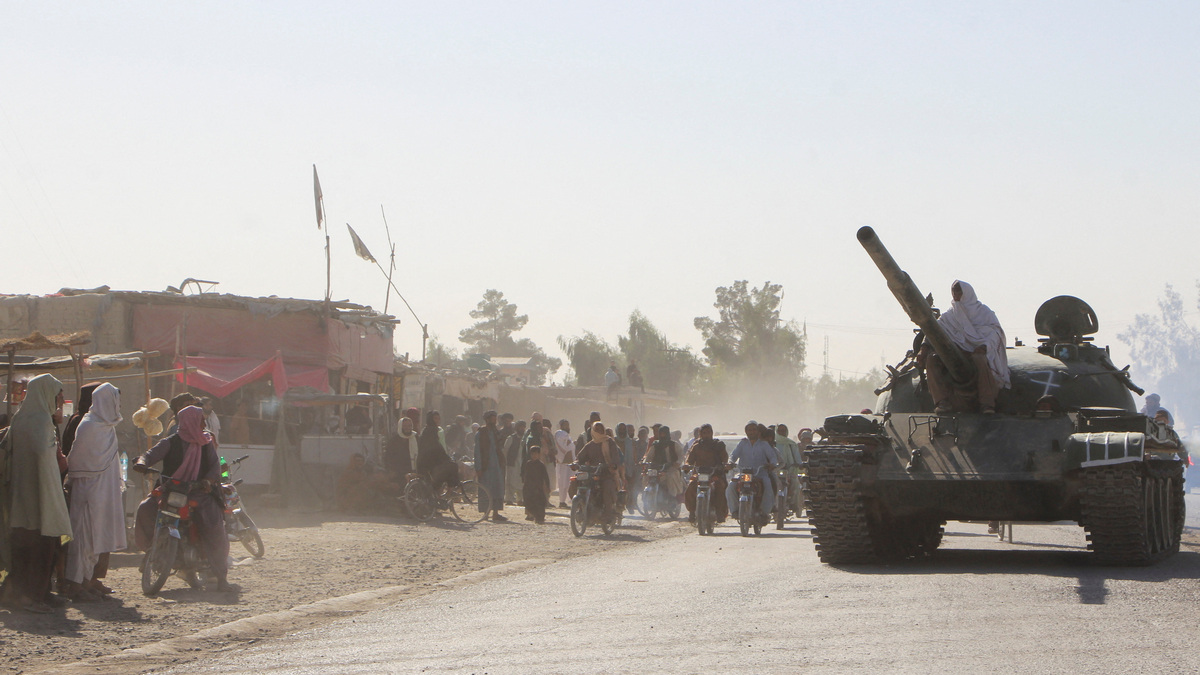)
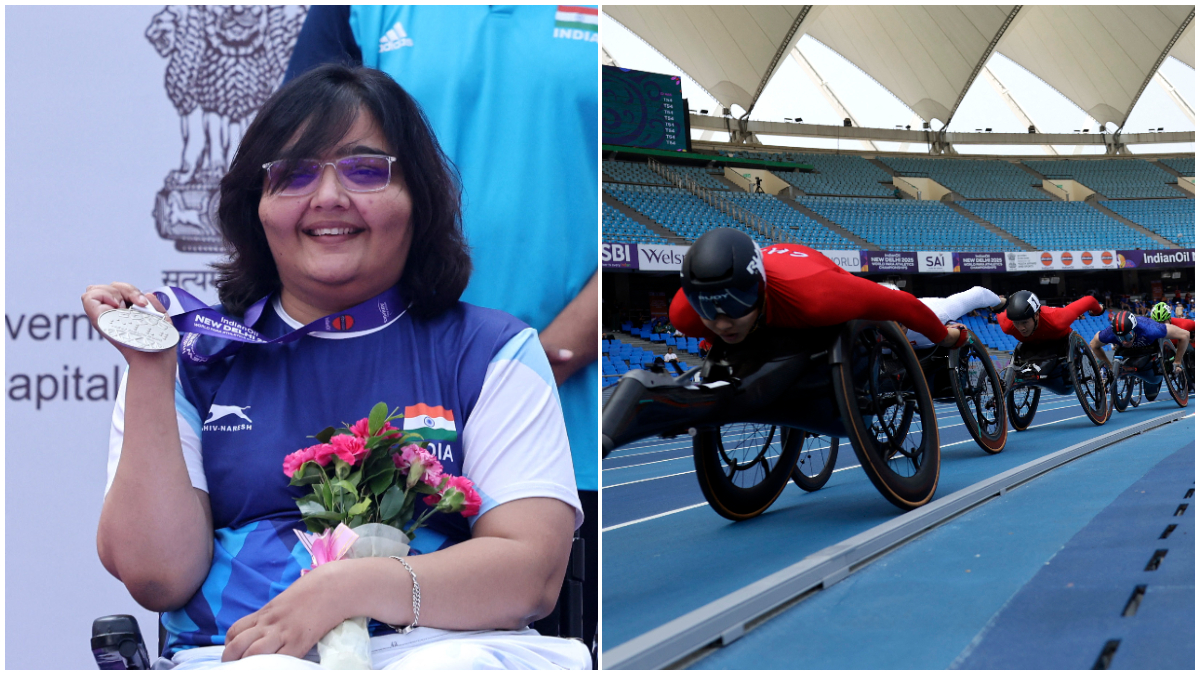)
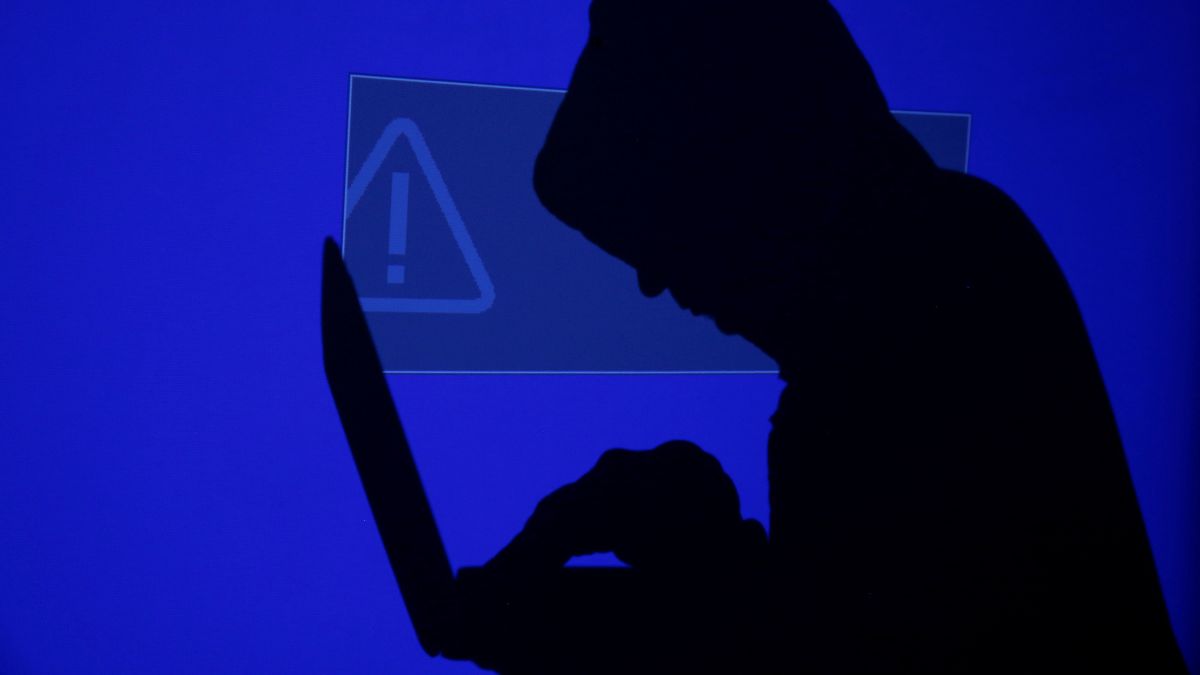)
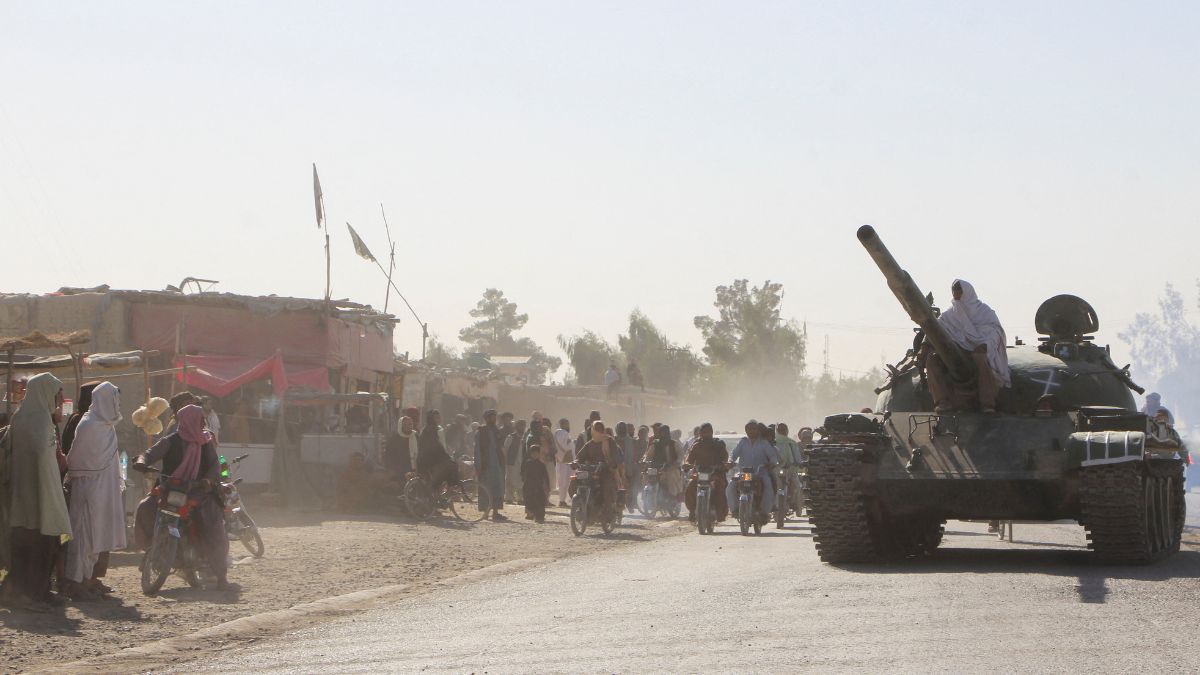)
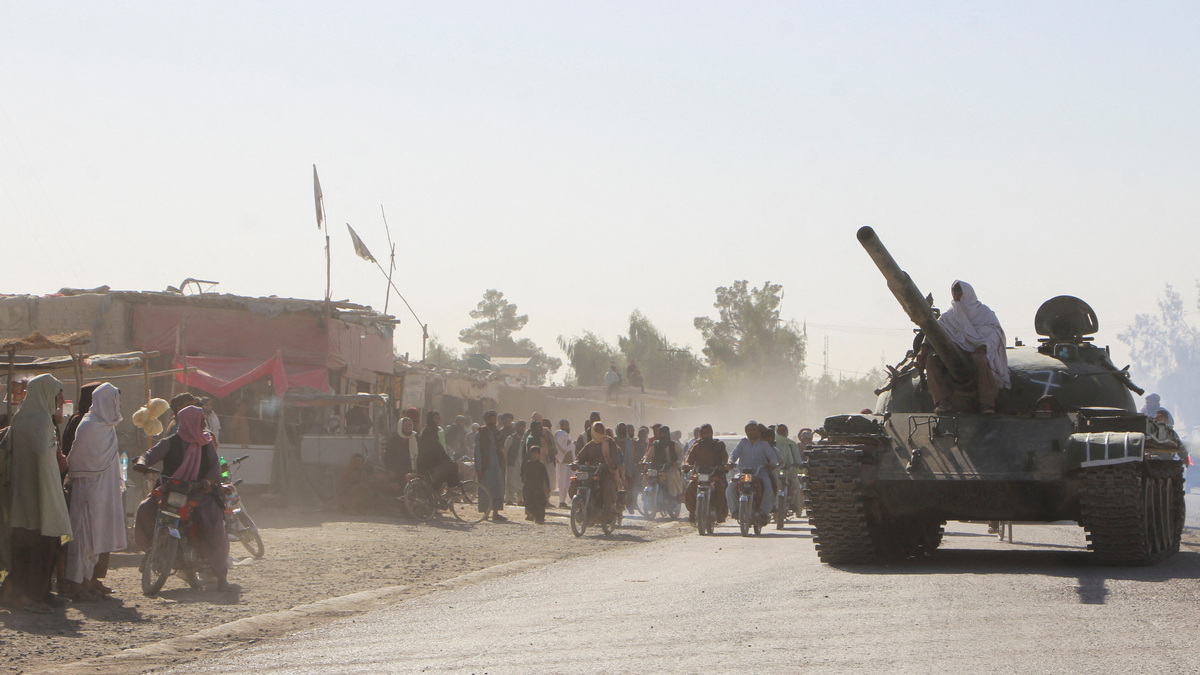)
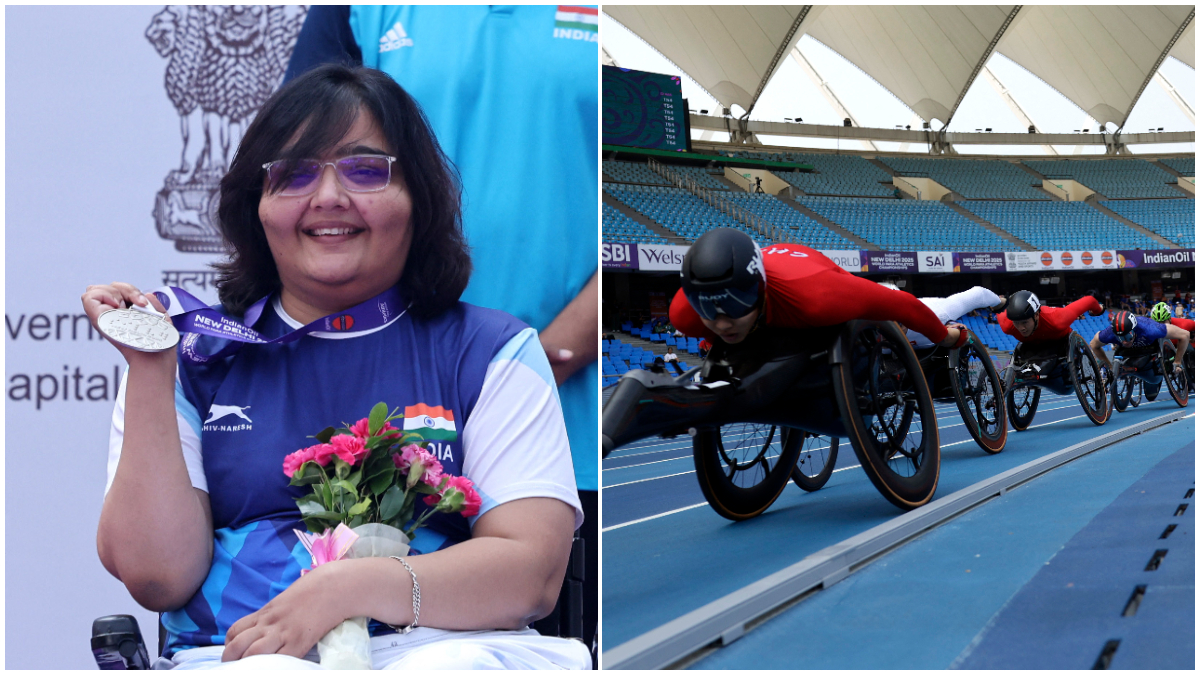)
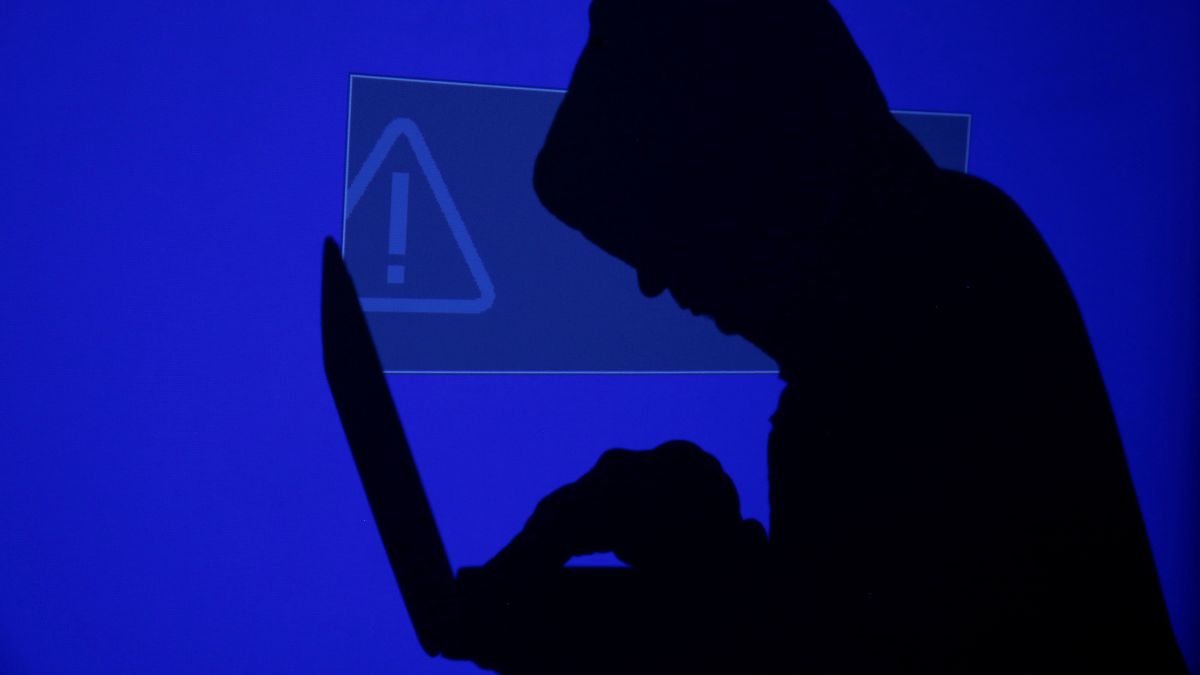)



